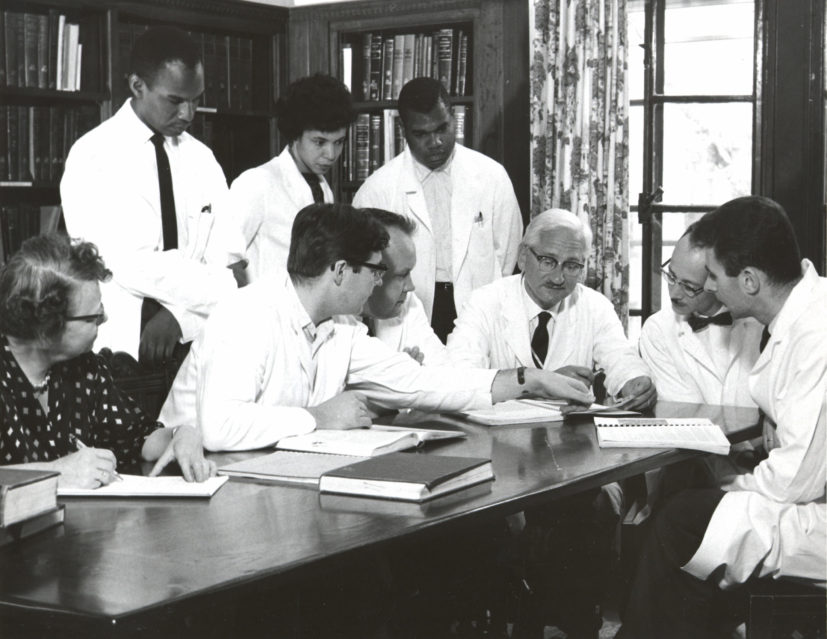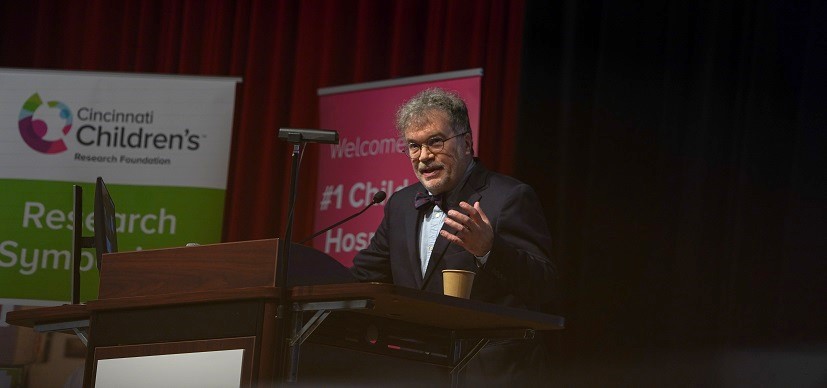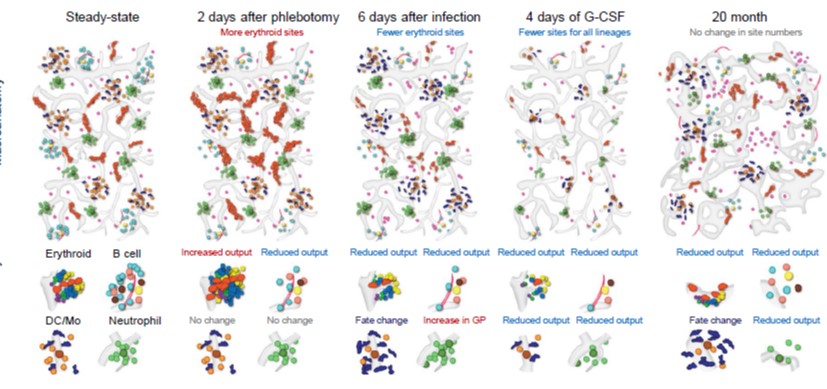New Cincinnati Children’s Site Delves Into History of Developing Vaccines
Post Date: March 17, 2021 | Publish Date:

Cincinnati Children’s commitment to keeping kids safe from dangerous diseases includes groundbreaking work to develop vaccines. The medical center’s physicians, scientists and nurses also play a major role in testing and evaluating vaccines that might have been created elsewhere.
A Vaccine Resources site, which launched this week to help families make the best choices about protecting kids against infectious diseases, includes a section that delves into the history of vaccine research at Cincinnati Children’s.
“There’s a strong, dedicated effort all the way through the institution to help evaluate new vaccines, promote vaccine uptake, and basically help save children’s lives and also help save adult lives,” says Paul Spearman, MD, director of the Division of Infectious Diseases at Cincinnati Children’s.
The site notes that “A Spoonful of Sugar (Helps the Medicine Go Down),” the popular song from the classic Disney movie Mary Poppins, was inspired by a polio vaccine developed at Cincinnati Children’s.
Because the oral polio vaccine created by Albert Sabin, MD, has a bitter, salty taste, it is sometimes given to children on a lump of sugar or in a spoonful of sweet syrup. Sabin moved to Cincinnati from New York in 1939 to provide expertise on virology.
Spearman, whose titles include being the Albert B. Sabin Professor at Cincinnati Children’s, has led numerous clinical trials and is currently focused on helping develop vaccines for Ebola, HIV, and SARS-CoV-2 – the virus that causes COVID-19. He is the principal investigator at Cincinnati Children’s for a Moderna COVID-19 vaccine clinical trial that began in March 2021.
Last year, Cincinnati Children’s was one of the first medical centers in the world to begin testing the safety and effectiveness of COVID-19 vaccines in adults and adolescents. These vaccines are needed to end the pandemic.
The site also notes the contributions of these other vaccine researchers:
- Gilbert Schiff, MD, a former director of the Gamble Vaccine Research Center, who developed vaccines for childhood viral diseases and played a key role in eradicating rubella, also called German measles. He was also an internationally known leader in developing influenza vaccines.
- David Bernstein, MD, MA, who arrived in 1983 to help lead vaccine efforts. He succeeded Schiff as director of the Gamble Center and also became director of the Division of Infectious Diseases. He is currently principal investigator for the AstraZeneca COVID-19 vaccine clinical trial at Cincinnati Children’s.
- Richard Ward, PhD, who along with Bernstein led the development of Rotarix, an oral vaccine to combat rotavirus, the leading cause of childhood diarrhea.
- Robert Frenck, MD, who now oversees the Gamble Center and is the principal investigator for the Pfizer COVID-19 vaccine clinical trials here.
Over the past 25 years, the Gamble Vaccine Research Center has developed a strong core of clinical research professionals focused on vaccines and therapeutics.
This experienced team of research investigators, research nurses, coordinators, data managers, laboratory scientists and investigational pharmacists was well positioned to take on the challenge of the COVID-19 pandemic, says Michelle Dickey, MS, APRN, who leads the clinical research team.
Frenck says one of the primary reasons he joined Cincinnati Children’s 15 years ago was because of the “can do” attitude of the institution.
“If you have a good idea, Cincinnati Children’s will look for a way to make it happen,” Frenck says. “The COVID-19 vaccine trials have been a group effort and confirmed that I was right that Cincinnati Children’s finds a way to make things happen.”






